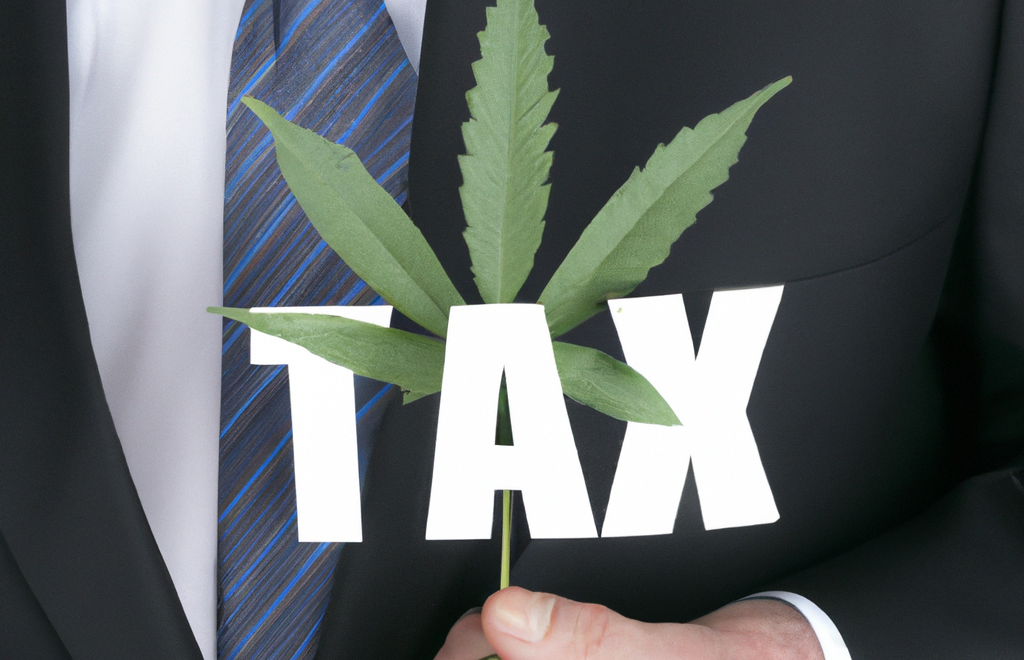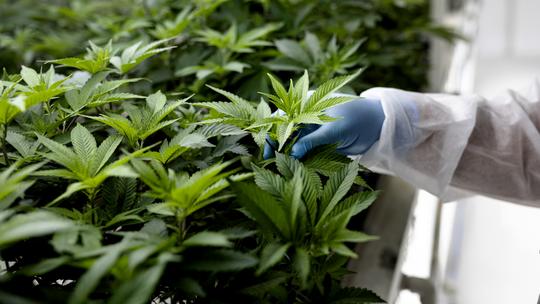The Tax Challenges Plaguing the Cannabis Industry
LOS ANGELES– The year 2022 brought forth a significant shift in the financial landscape for the cannabis industry, as businesses grappled with a pressing tax conundrum. With the looming income tax filing season, cannabis taxpayers found themselves treading uncharted territory following a notable tax court ruling. In March 2022, Judge Francis O’Reilly delivered a landmark decision upholding the IRS’s position, which prevented two Colorado-based cannabis businesses from utilizing bonus depreciation or Section 179 accelerated depreciation as part of their Cost of Goods Sold (COGS). This ruling highlighted the far-reaching implications of Section 280E of the tax code.
Beyond Broadway, LLC and Artistant Dispensary Center, Inc., owned by Colorado residents John and Belinda Lord, found themselves under scrutiny when the IRS challenged their claimed depreciation deductions in 2018. These companies swiftly became a cautionary tale for the cannabis industry at large, illustrating the collision between the industry’s rapid growth and the nation’s tax code.
Typically, businesses calculate COGS using sections of the Internal Revenue Code, such as section 471 for direct COGS and section 263A for indirect COGS. However, Section 280E significantly alters the game for cannabis businesses. It restricts deductions solely to direct COGS while disallowing any other deductions, including labor and indirect costs outlined under Section 263A.
Furthermore, the 2022 tax court decision in the Lord v. Commissioner case expanded this restriction to include Section 179 and bonus depreciation for cultivators and manufacturers, leaving the cannabis industry in a precarious position. Faced with such fiscal roadblocks, numerous cannabis companies are now exploring an assertive approach to Section 471(c) of the Internal Revenue Code in hopes of alleviating their tax burdens. This regulation provides a glimmer of hope for qualified small businesses with gross revenues under $25 million (adjusted for inflation), allowing them to calculate COGS based on their own records, even if their accounting methods deviate from standard practices.
However, the situation becomes increasingly complex due to Treasury regulation 1.471-1(b)(3), which contradicts the law. This regulation mandates the use of accepted accounting methods and rules out the inclusion of Section 179 and bonus depreciation in COGS calculations. Unless successfully challenged in court, businesses must brace themselves for protracted tax audits and appeals that could span a daunting seven-year period.
Opting for the Section 471(c) route is a weighty decision that demands careful consultation with financial advisors and a readiness to navigate the intricate realm of tax audits and court battles. Companies must evaluate the risks and potential rewards of such a course of action, determining whether the time, energy, and resources required present a sound investment for the future of their enterprises.
As the cannabis industry continues its rapid growth, these tax challenges have moved from the periphery to center stage. They necessitate clear-headed strategies, sound financial planning, and robust risk assessments. Above all, they underscore the urgent need for a comprehensive overhaul of tax laws and regulations that can adequately support the unique requirements of this rapidly evolving industry.




































